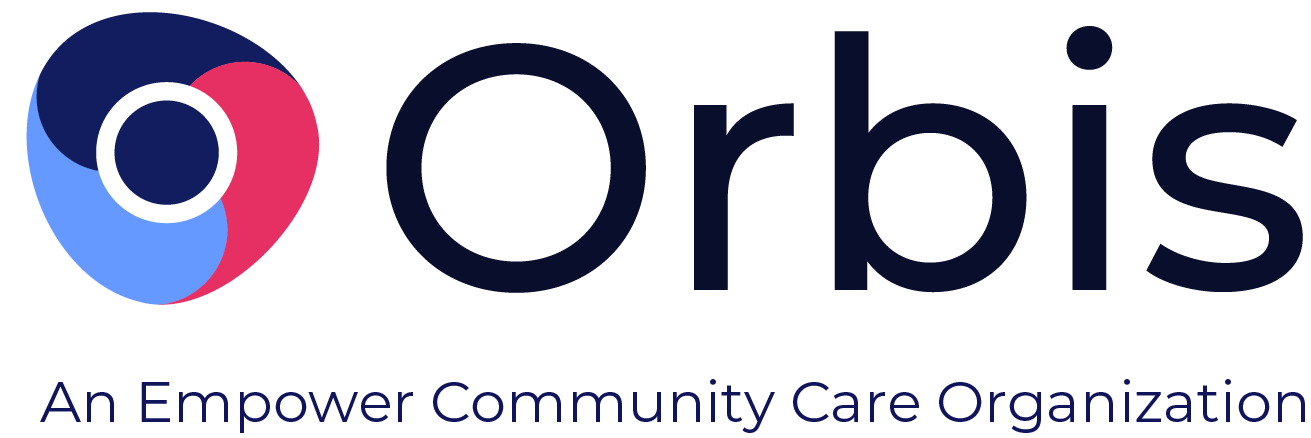Traditional disciplinary measures often fail to address these behaviors' root causes, leaving at-risk students and educators without the necessary tools to create a safe and supportive learning environment.
Using comprehensive risk, needs, and strengths assessments in education settings can help inform meaningful action. Schools can better understand each student's unique needs and strengths by using comprehensive assessment tools, enabling tailored support and effective prevention strategies.
Tools like the Youth Assessment and Screening Instrument and the Massachusetts Youth Screening Instrument play a pivotal role in understanding the needs of at-risk students and implementing interventions that improve behavior and reduce the risk of school violence.
Understanding Risk, Needs, and Strength-Based Assessments in Educational Settings
Risk, needs, and strengths-based assessments in educational settings offer a comprehensive framework for understanding at-risk students' unique challenges and protective factors. These assessments go beyond identifying problem areas. They highlight the positive aspects of a student's situation and environment.
These tools help schools move beyond reactive discipline to proactive support by providing insights into at-risk students' mental health, risks, and strengths, all of which are essential in understanding how to prevent school violence.
Youth Assessment and Screening Instrument (YASI)
YASI by Orbis Partners is a risk, needs, and strengths assessment that evaluates up to 12 domains, including mental health, trauma, basic needs, and physical health. This comprehensive tool provides detailed profiles of a student's risks, needs, and strengths to support the development of tailored case plans.
The strengths-based approach of YASI is particularly valuable in engaging at-risk students and helping them recognize their protective factors, which can improve motivation and behavior.
YASI's structured case planning model, based on motivational interviewing, involves students in planning for their success, improving outcomes through increased engagement. Our case management software, CaseWorks, ensures data consistency, generates reports, and provides actionable insights to help schools implement interventions, which are crucial in responding to questions about how to help reduce school behavioral problems effectively.
Massachusetts Youth Screening Instrument (Web MAYSI-2)
Web MAYSI-2 is another vital tool for youth mental health assessment for students aged 12 to 17. A cloud-based assessment identifies immediate risks like self-harm, aggression, and substance use while screening for traumatic experiences. Its six clinical scales provide a detailed understanding of at-risk students' mental health needs.
With 70% of youth in juvenile justice systems diagnosed with mental health disorders and 25% meeting the criteria for more severe disorders, early detection using tools like Web MAYSI-2 can help reduce school behavioral issues. Schools using this tool can quickly connect at-risk students with the necessary youth mental health services, reducing the likelihood of escalation and promoting positive behavior change.
Implementing Evidence-Based Assessments to Improve School Behavioral Interventions
Successful implementation of tools like YASI and Web MAYSI-2 into school systems begins with training personnel to use and learn from them effectively. This personnel includes resource officers, school psychologists, social workers, counselors, educators, and any school staff that play pivotal roles in supporting at-risk students.
Comprehensive training ensures that staff can administer these assessments in educational settings accurately, interpret the results, and use the data to guide intervention and response.
Web MAYSI-2 only requires an internet connection to function, which allows for easy deployment across multiple settings in school and beyond, such as detention, probation, and placement programs.
Staff Collaboration and Buy-In Strengthens Implementation
It's important to remember that no single individual or department can address the complex needs of at-risk students on their own. Collaboration between educators, youth mental health professionals, and other support staff will always remain vital. A coordinated approach ensures that a student's academic, emotional, and behavioral needs are addressed holistically, which leads to more successful outcomes.
For instance, after an assessment reveals that a student is struggling with depression or anger, educators and youth mental health professionals can coordinate to provide both academic support and mental health counseling.
Additionally, restorative justice practitioners can contribute by offering conflict resolution strategies to address immediate issues and prevent future incidents. This joint effort enables schools to develop comprehensive support systems that improve student outcomes and may help address how to reduce negative behavior.
System-wide approaches and programs combined with tools like YASI and MAYSI-2 can help build resilience and encourage positive behavior across the student body. These holistic strategies are essential to addressing how to reduce school behavior problems on a broader scale, as they create a network of support that targets both the individual and their environment.
Build a Safer Future Through Proactive, Evidence-Based Support
At Orbis Partners, we remain committed to providing effective assessment tools like YASI and Web MAYSI-2 that support at-risk students struggling with behavioral challenges. By utilizing risk, needs, and strengths-based assessments, schools can develop tailored interventions that not only address immediate behavioral concerns but also help at-risk students reach their potential and thrive in the long term.
Orbis Partners provides solutions for criminal justice and human services systems, specializing in designing and implementing services for at-risk client groups. Orbis' risk, needs, and strengths assessment tools are designed to guide the casework process by incorporating an individual's unique set of needs. For more information about our assessments, visit our Assessments page.



